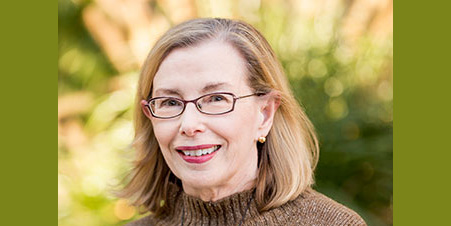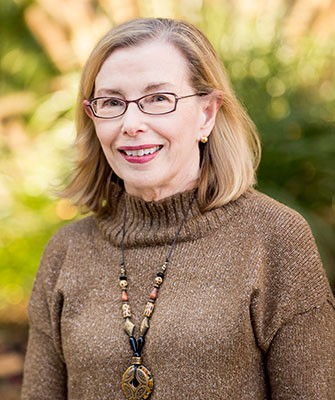Patricia Tabloski, Ph.D., GNP-BC, FAAN, Associate Professor, Boston College School of Nursing and Franchesca Arias, PhD., Associate Scientist, Aging Brain Center, Hebrew SeniorLife are co-first authors. Sharon K Inouye, M.D.,M.P.H. director of the Aging Brain Center in the Marcus Institute and Professor of Medicine, Harvard Medical School, is principal investigator and senior author of the study.
Delirium is a common, serious clinical problem for older adults, often occurring as a complication of surgery. The sudden onset of delirium symptoms and its overall negative effect on healing and recovery can serve as a source of stress on family caregivers resulting in feelings of burden.
Nurses, physicians and many members of the healthcare team all have expressed interest in developing skills and mechanisms to ease feelings of caregiver burden and improve the quality of care offered to older adults and their families after an episode of delirium.
A total of 352 patients were enrolled in the BASIL study between October 20, 2015 and March 15, 2017. Patients older than 70 years, who were: English speaking, admitted or transferred as either emergency or elective admissions, and residing within 40 miles of a large medical center in Boston were eligible. Exclusion criteria included legal blindness or severe deafness impairment, active alcohol abuse, alcohol withdrawal within the last 6 months, diagnosis of schizophrenia or active psychosis, and those with immediate discharge plans or imminent death. This analysis included patient/caregiver dyads enrolled in the BASIL study with patients assessed daily during hospitalization and caregivers completing the DEL-B caregiver burden scale (DEL-B-C) one month after hospital discharge. Of the 352 patients enrolled in BASIL, a subset of 207 dyads were included with 214 caregivers completing the DEL-B-C within 1 month of hospitalization.
“Our study has begun to reveal the complicated nature of the relationship between the family caregiver/care recipient dyad and highlights the need for policy support and development of additional resources to enable family caregiving and speed patient recovery,” said Dr. Tabloski. “Our study is one of many that we hope will aid older patients and their families to better manage the sometimes devastating after-effects of an episode of delirium,” said Dr. Inouye.
Collaborating institutions of the study included Brigham and Women’s Hospital, Beth Israel Deaconess Medical Center, Brown University and Binghamton University.
The study was supported in part by grants from the National Institute on Aging; grant no. P01AG031720, R24AG05429, and RO1AG044518.




